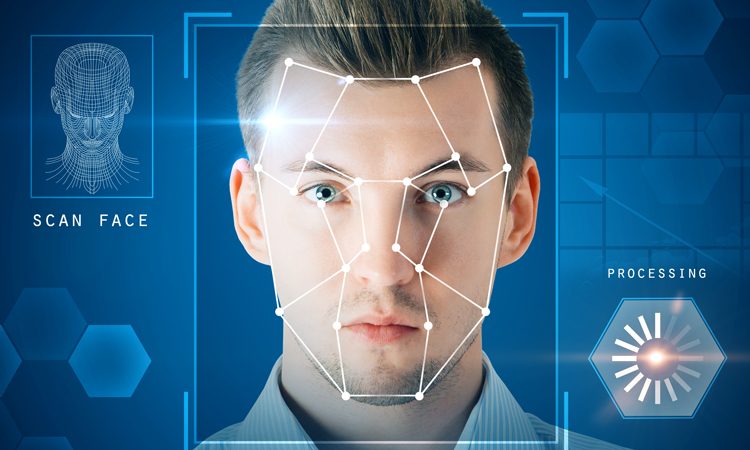
What is facial recognition?
A bio-metric software application capable of uniquely identifying or verifying a person by comparing and analyzing patterns based on the person's facial contours. It is an advanced technology that helps in discerning and identifying human faces from an image or video.
How does this work?
1. The face detection is the first step as it detects faces through images and videos.
2. The face capture is the second step as it transforms the face into readable data based on the person's facial features.
3. The face match process verifies if the two faces match.
Is it a surveillance tool?
While it was initially just the police officials using it as a powerful tracking tool, there are now bigger organizations, smart phones, public places, banks, schools, control access to sensitive areas and much more!
Feels like it is everywhere these days, does it not? However, how accurate is this software?
Though the accuracy of this system entirely depends on the intensity at which it is built and what it is used for, there has been a little concern in using this technology in places that have an equal proportion of dark-skinned population since the best of algorithms still struggle to recognize black faces equally.
Who has this technology?
While it all started in China, now Japan, Singapore and United Arab Emirates are big players in incorporating this system for their day-to-day security, surveillance and access needs. While Sans Francisco has banned the use of this software in the city, India's home ministry recently called for a tender for facial recognition systems to help the police force with identification, safety and securing law and order in the country.
What does the law say?
While the rest of the world is super excited to give this software a try, Britain has a different opinion. In the country, the police get to decide and permit where and when it is appropriate to use facial recognition. In fact, a campaign called 'Liberty' has called for a ban on live facial recognition systems in public places.
What is next?
While facial recognition is still not exposed completely and many countries are still very reluctant using this interesting software, the future looks at the next level of this very application - Facial recognition smart glasses.
There are also police body cameras that will be built on the facial recognition software which additionally allows you to identify people with masks.
